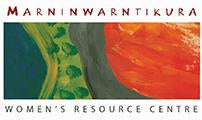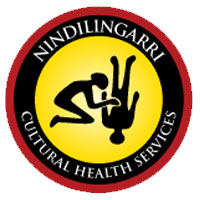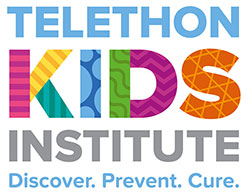Health Professionals
Pregnant mothers usually rely on the advice from health professionals in the early stages in their pregnancy. This provides health professionals with a key opportunity to prevent FASD by providing the message that not drinking alcohol is the safest option for pregnant women and women planning a pregnancy.
It is vital that health professionals are trained in recognising the impacts of alcohol consumption during pregnancy as well understanding the importance of discussing alcohol consumption during patient consultations. There are a range of resources below to assist you in assessment, diagnosis and ongoing support of families living with FASD.
 |
FASD DiagnosisWhen diagnosing FASD doctors and health professionals may look for:
|
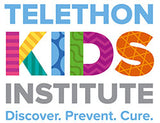 |
Australian FASD Diagnostic InstrumentThe FASD Diagnostic Instrument was released in 2016 with a Guide and the online eLearning modules to support clinicians to make a FASD diagnosis using the national standardised diagnostic criteria and provide the foundation to improve rates of diagnoses of FASD in Australia. The Guide includes:
The eLearning modules include:
|
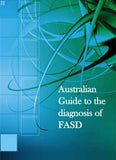 |
Australian Guide to the Diagnosis of FASDThe Australian Guide to the Diagnosis of FASD was released in 2016 to assist clinicians in the diagnosis, referral and management of Fetal Alcohol Spectrum Disorder (FASD). It contains:
|
 |
No FASD resources
|
 |
Telethon Kids Institute resourcesView the Health Resources page to view:
|
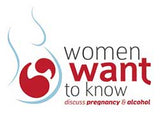 |
Women want to know project resourcesView the Australian Government Department of Health Women Want to know project resources:
|
 |
Government of WA - Drug and Alcohol Office resourcesView the Health Professionals page to view:
A Fetal Alcohol Spectrum Disorder Model of Care resource and website have been developed to prioritise the use of prevention strategies to reduce the prevalence of FASD. |
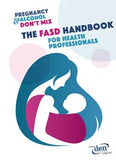 |
The FASD handbook for health professionalsThis Handbook provides a range of fact sheets, information and strategies relating to FASD for Health Professionals. |

